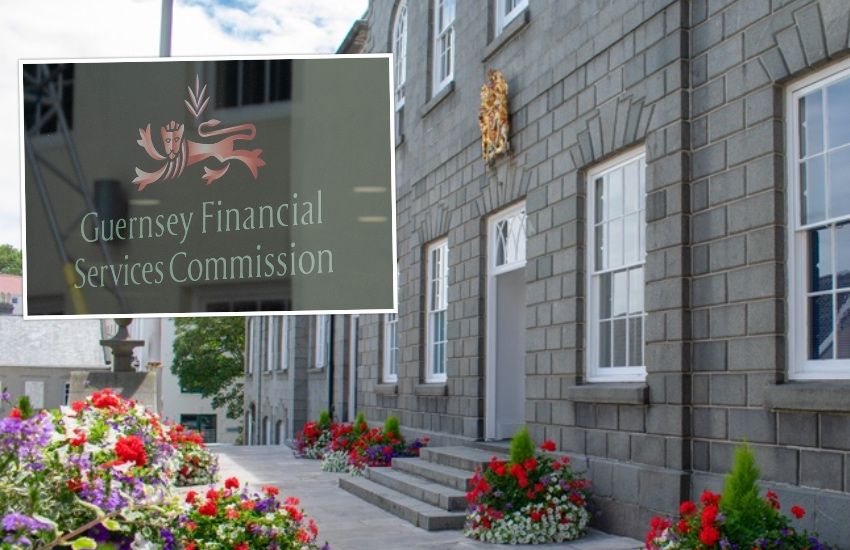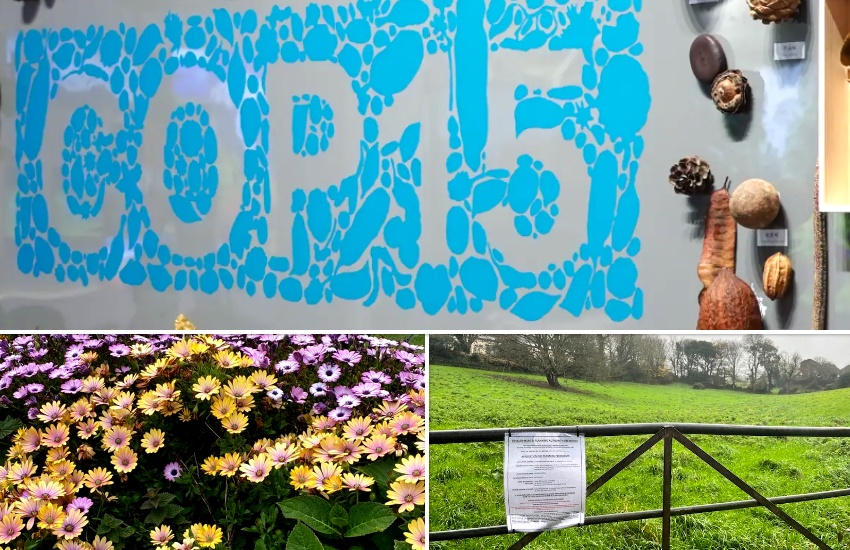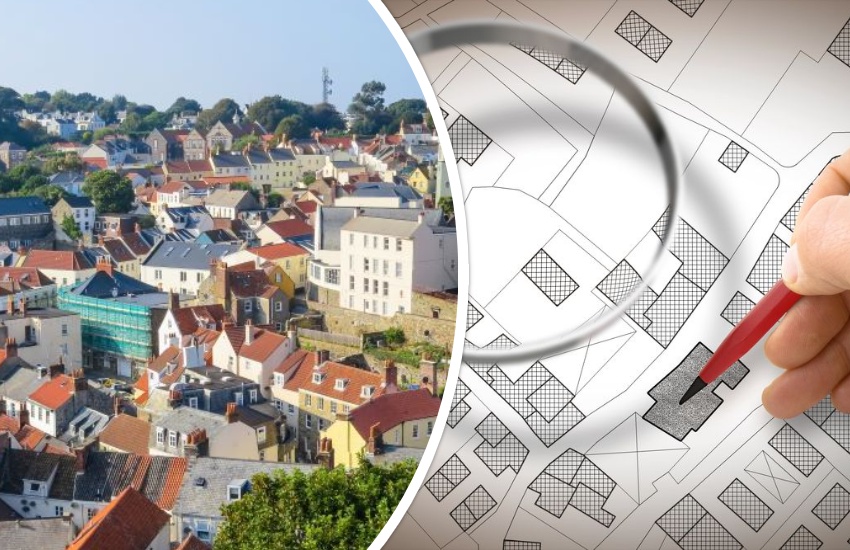


Guernsey is well placed to meet evolving international biodiversity obligations, according to the Environment & Infrastructure President.
Deputy Lindsay de Sausmarez welcomed the recent news from COP15 “as it demonstrates the importance placed by the 196 parties to the Convention of Biological Diversity on halting the loss of biodiversity globally”.
She said that while that Convention has not yet been extended locally “work is currently taking place” since there is an extant States resolution from seven years ago to do so.
Guernsey already has a strategy for biodiversity – the Strategy for Nature – which was designed in 2020 to meet international obligations of the time but also allows flexibility to meet changing priorities and directives in future.
That Strategy helps to guide planning applications under the Island Development Plan so that biodiversity protections or improvements are considered. Larger developments, such as Leale’s Yard, are required to submit Environment Impact Assessments so clear mitigations to construction are laid out.
“Any development has the potential to impact biodiversity, which is why the Development & Planning Authority has recently published guidance to help islanders take a nature positive approach when designing their projects,” added Deputy de Sausmarez.
You can read more about that guidance HERE.

Pictured: Local groups praised the resolutions of COP15 but feared some projects are failing to ensure biodiversity net gain.
Jim Robinson, Director of the Natural Environment, said that “climate change and biodiversity crises are intrinsically linked.
“The biggest threat globally to biodiversity is the changes occurring to the climate which are happening too fast for habitats and species to adapt. There are numerous examples of this such as warming seas leading to the loss of large coral reefs, melting ice caps leading to the loss of hunting grounds for polar bear and wildfires impacting the availability of habitats.
“Whilst some species can adapt or migrate, others such as specialised Alpine plants, will simply become extinct. On the flip side of the coin, the environment, if supported, can help to reduce the impacts of climate change. Habitats such as woodland or seagrass have the ability to capture carbon from the atmosphere.
“Water catchments in the UK are being managed to absorb more rain to reduce the impacts of flooding downstream. Appropriate vegetation helps to mitigate against landslips and green spaces in built up areas help to regulate temperatures. These nature-based solutions both help mitigate the impacts of climate change whilst being beneficial for biodiversity.”
The local strategy also grants funds annually to several organisations and initiatives which seek to “maintain, enhance and restore ecosystems”.
Mr Robinson reiterated that biodiversity rich sites are identified across the island within planning laws, and that “charities such as La Société Guernesiaise and the National Trust manage reserves around the island for the benefit of biodiversity”.

Pictured: The IDP protects certain areas from development or change of use.
The GFSC sent its Director General to COP15 in mid-December to speak on a panel about business investing for climate objectives.
William Mason said that “private investment is desperately required to supplement insufficient public funds. The key to progress is to develop and fund nature positive projects which offer a genuine financial return”.
His attendance at the panel came shortly after the Commission launched its Natural Capital Fund framework, as part of Guernsey’s Sustainable Funds Regime.
Its intention is to provide environmentally conscious investors with assurance that their capital is deployed in efforts to promote the protection and recovery of the Earth's natural environment.
The Natural Capital Fund framework complements the Bailiwick’s existing regulated Guernsey Green Fund regime, which now channels more than £5.3 billion into green investments. Together the regimes provide the Bailiwick with a suite of sustainability designations based on international environmental standards.
Strategy for Nature projects selected
Comments
Comments on this story express the views of the commentator only, not Bailiwick Publishing. We are unable to guarantee the accuracy of any of those comments.